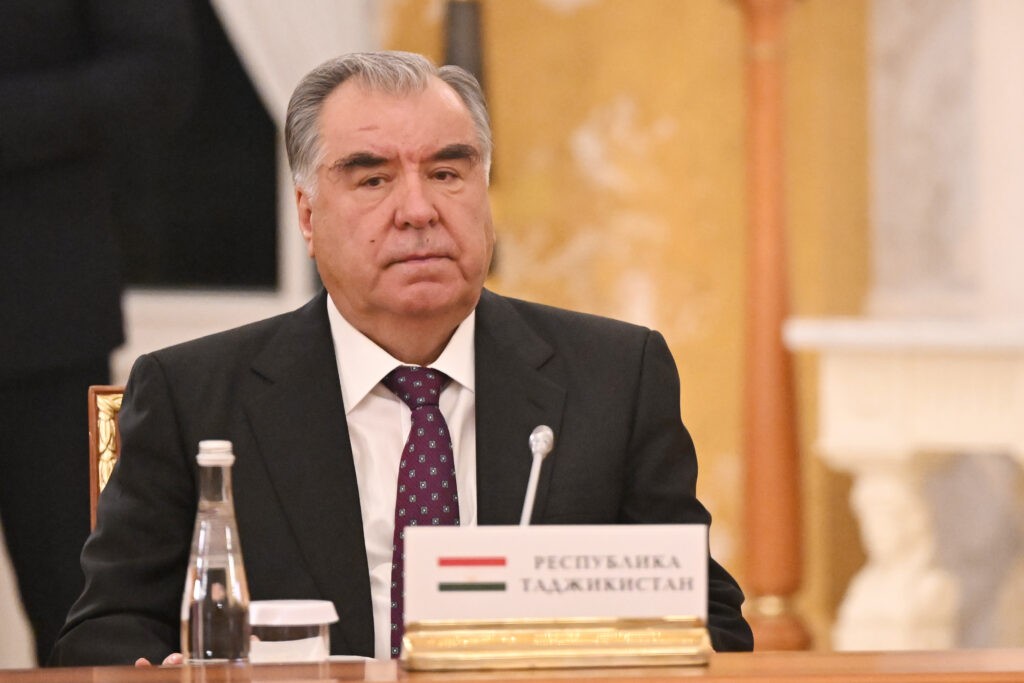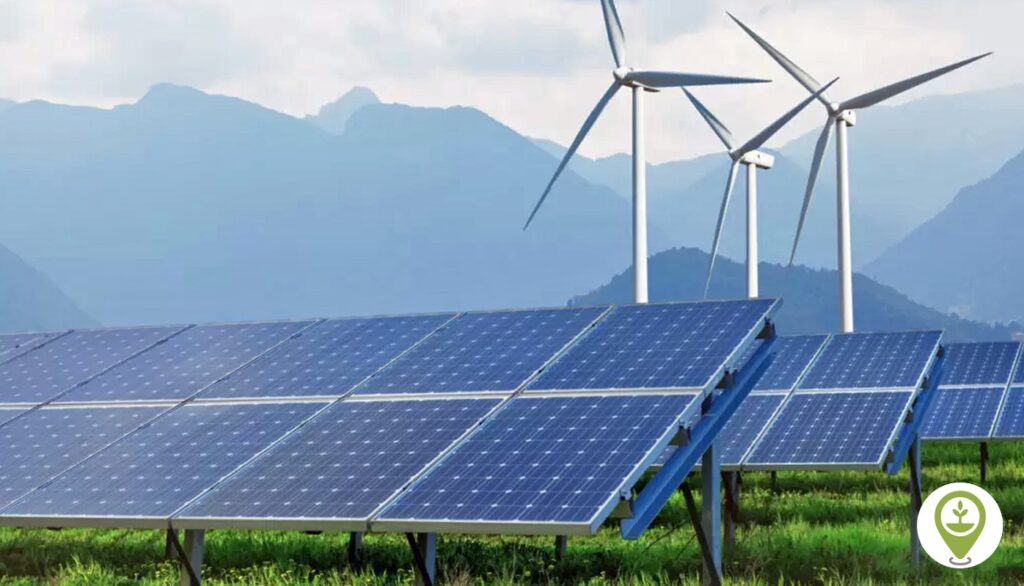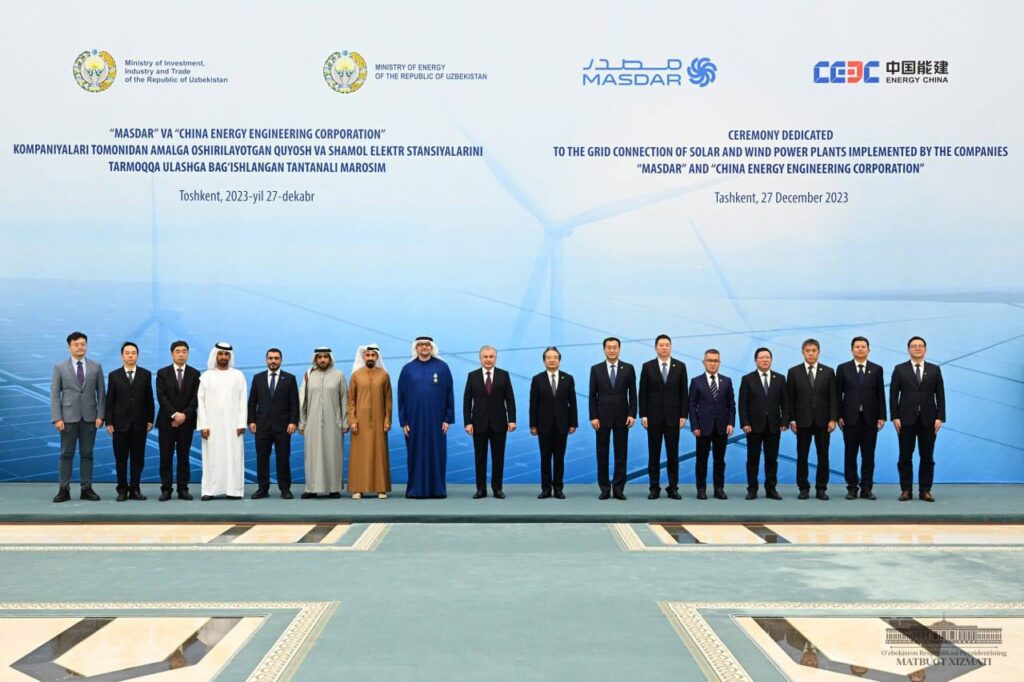Uzbekistan and China: Cooperation in Ecology
A meeting was held at the Ministry of Ecology, Environmental Protection and Climate Change to discuss the prospects of cooperation and strategic partnership between China and Uzbekistan in the field of ecology and environmental protection. Important issues, including a number of promising projects based on the idea of constructing buildings that meet the principles of energy efficiency and environmental cleanliness were deliberated upon. In addition, the active introduction of green technologies and the development of strategies to recycle household and solid waste, including the recycling of batteries and the prevention of air pollution were proposed. Such projects are oriented towards the creation of a sustainable and environmentally friendly infrastructure, and reducing the negative impact on the climate. The meeting also focused on the establishment of global environmental standards, the widespread use of digital technologies, and studying China's experience in the field of ecology and creating mechanisms for environmental protection. At the meeting, China's best practices in the greening of barren desert areas was discussed. China is successfully implementing innovative methods, including the creation of specialized farms for planting seedlings. Measures to attract investors to implement the latest technologies in the systematic treatment of urban wastewater was also on the agenda. The Ministry of Environment and Natural Resources provided valuable information on the activities the government is actively pursuing to ensure the sustainable development of various sectors, including important work on environmental protection. In addition, the parties discussed the establishment of a national taxonomy of green projects and the establishment of a Green Fund. As a result of the meeting, the parties agreed to hold additional negotiations on these issues, emphasizing their intent and commitment to find the best solutions available.






